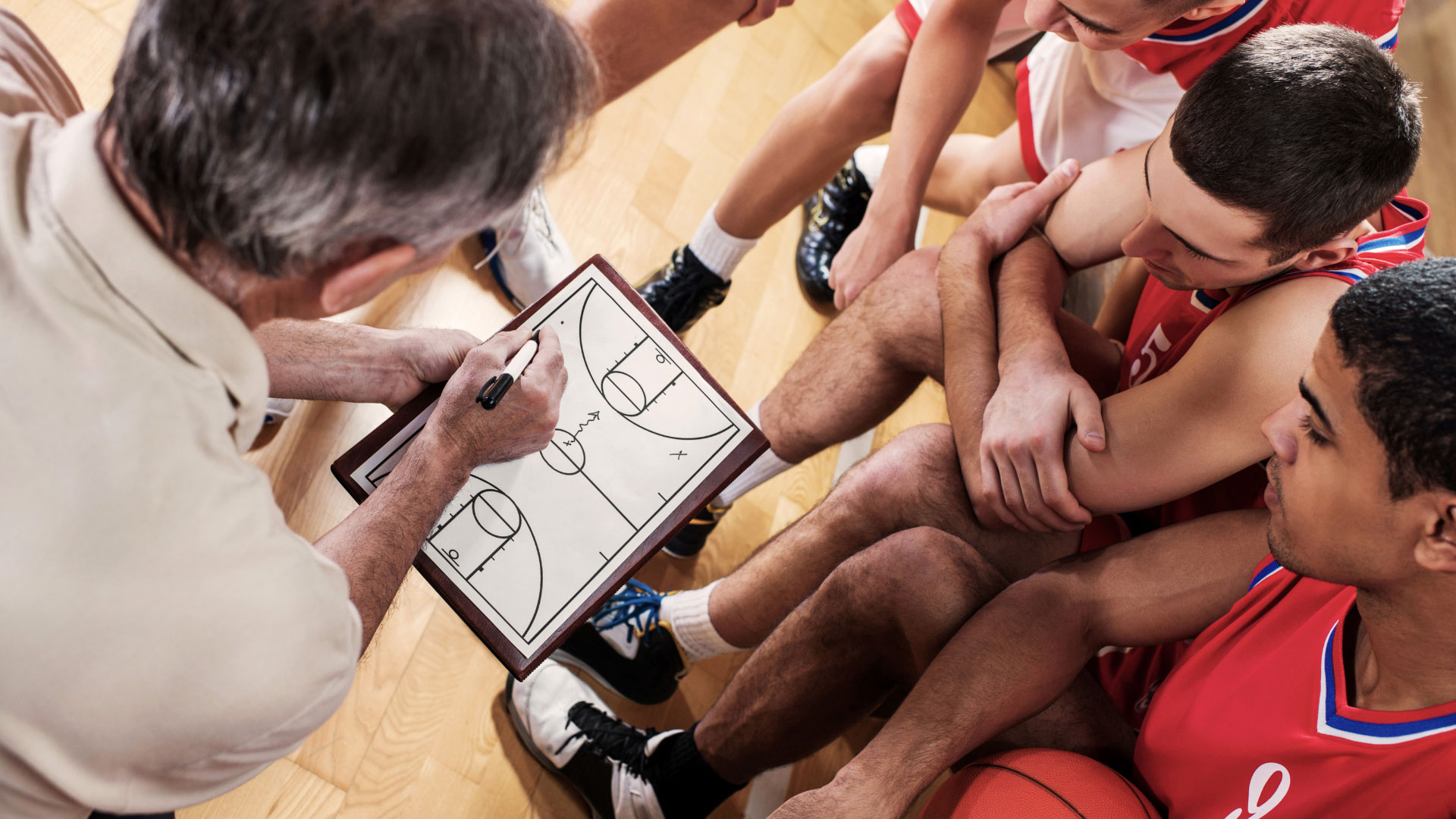Summer has come to an end, and with it, the 2024 Paris Olympics and Paralympics have drawn to a close. This season of sport has been marked by an extraordinary showcase of performance and dedication. The Olympics and Paralympics represent the pinnacle of an athlete’s career, and for many, it is the culmination of a four-year cycle of intense preparation.
This period of hard work often results in fleeting and unforgettable performances, whether it’s a nine-second sprint or a fourteen-minute rugby sevens match. Reaching such heights of sporting excellence requires physical expertise, immense mental strength, and adaptability. Yet, even the most prepared athletes face the uncertainty of factors beyond their control. Take, for example, Josh Tarling, a 20-year-old GBR cyclist whose Olympic debut was marred by a puncture that likely cost him a silver medal.
The emotional journey of athletes before, during, and after the Games is well documented, but the role of coaches is less often highlighted. Coaches invest just as much time and energy into their athletes’ success, yet on competition day, they can only watch from the sidelines, hoping that all their efforts and the alignment of circumstances favour the athletes they have tirelessly supported.
The Role of the Coach in the Olympic Context
Coaches at the Olympic and Paralympic levels are integral to the success of their athletes, serving as mentors, strategists, and motivators. Their role extends beyond mere technical instruction to encompass psychological support, tactical planning, and holistic development. Effective coaches are adept at identifying and nurturing talent, tailoring training programmes to individual needs, and creating an ideal environment for peak performance.
The coach-athlete relationship is highly complex and can significantly influence the athlete’s success. Often, athletes will remain with their coaches for several years. A great example of this, which was both practical and successful, was the relationship between Michael Phelps and his coach, Bob Bowman. Bowman began coaching Phelps at 11 and supported Phelps to become the most successful Olympian of all time, with 28 Olympic medals. Phelps said his coach knew him better than anybody and commented that he was also a friend, a counsellor, and a confidant.
This extension of the relationship is one of the primary differences between coaching in sports and a leadership style in the workplace. However, fundamentally, there are many crossovers in the skills required for both roles. How many of the following do you often see embedded within leadership and management training?
Empathy and Emotional Intelligence
Effective coaches possess a high degree of empathy and emotional intelligence, enabling them to understand and respond to their athletes’ emotional and psychological needs. They build strong, trusting relationships that develop open communication and mutual respect. This emotional connection is crucial in motivating athletes and helping them navigate the pressures of competition.
Communication and Feedback
Clear, constructive communication is a hallmark of great coaching. Coaches must articulate their expectations, provide actionable feedback, and ensure their athletes understand and internalise key concepts. Effective feedback is specific, timely, and focused on improvement, helping athletes refine their skills and strategies.
Strategic Planning and Adaptability
Coaches are responsible for developing and executing strategic plans to optimise their athletes’ performance. This involves analysing competitors, anticipating challenges, and creating training regimens that address preparation’s physical and mental aspects. Additionally, coaches must be adaptable, adjusting their strategies in response to changing circumstances, such as injuries or unexpected competition dynamics.
Leadership and Motivation
A coach’s core function is inspiring and motivating athletes to achieve their best. Effective coaches lead by example, demonstrate unwavering commitment, and instil a sense of purpose and determination in their athletes. They create a positive, supportive atmosphere that encourages perseverance and resilience, which is key in team sports.
How does a Coaching Leadership Style differ from a Traditional Leader?
Looking now into coaching within the workplace as opposed to in sports, a coaching leadership style emphasises the development and growth of team members through continuous feedback, guidance, and support, focusing on nurturing individual potential and facilitating a collaborative environment.
In contrast, the traditional leadership style often centres on directive approaches, where leaders primarily focus on achieving organisational goals, making decisions, and maintaining control over processes and outcomes. While coaching leaders act as mentors facilitating learning and empowering their team, traditional leaders typically adopt a top-down approach, directing and managing their subordinates to meet specific objectives.
The Power of a Coaching Leadership Style in Organisations
Adopting a coaching leadership style in organisations can yield significant benefits by enhancing employee development, engagement, and overall performance. Research indicates that organisations implementing coaching programs see a 70% improvement in employee work performance, relationships, and communication skills (ICF, 2019). Additionally, a study by Bersin & Associates revealed that companies with strong coaching cultures reported 21% higher business results and 39% stronger employee engagement (Bersin, 2011). These statistics underscore the positive impact of coaching, which supports personal and professional growth and drives overall organisational success by cultivating a motivated and highly skilled workforce.
Throughout the 2024 Paris Olympics and Paralympics, the critical role of coaches in achieving athletic excellence was illustrated, highlighting key skills such as empathy, communication, strategic planning, and leadership. These coaching principles are equally applicable in organisational settings, where adopting a coaching leadership style can drive employee development, engagement, collaboration, and resilience. By embracing the insights from Olympic coaching, organisations can grow leaders who achieve strategic objectives and inspire and empower their teams to reach their full potential. To all the Olympic and Paralympic athletes and coaching team alike, we salute you and congratulate you all on your success throughout this summer’s Paris Olympics and Paralympics.
At Roffey Park Institute, we have deeply integrated the coaching leadership style into our organisational culture, with many of our tutors bringing extensive expertise in this area. Consequently, we offer open programmes specifically designed to develop coaching skills, which can be tailored to meet the needs of individuals and organisations.
If you aim to enhance team dynamics, employee engagement, and relationship-building skills, we invite you to learn more and enquire about our coaching programmes here.





